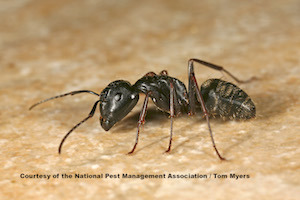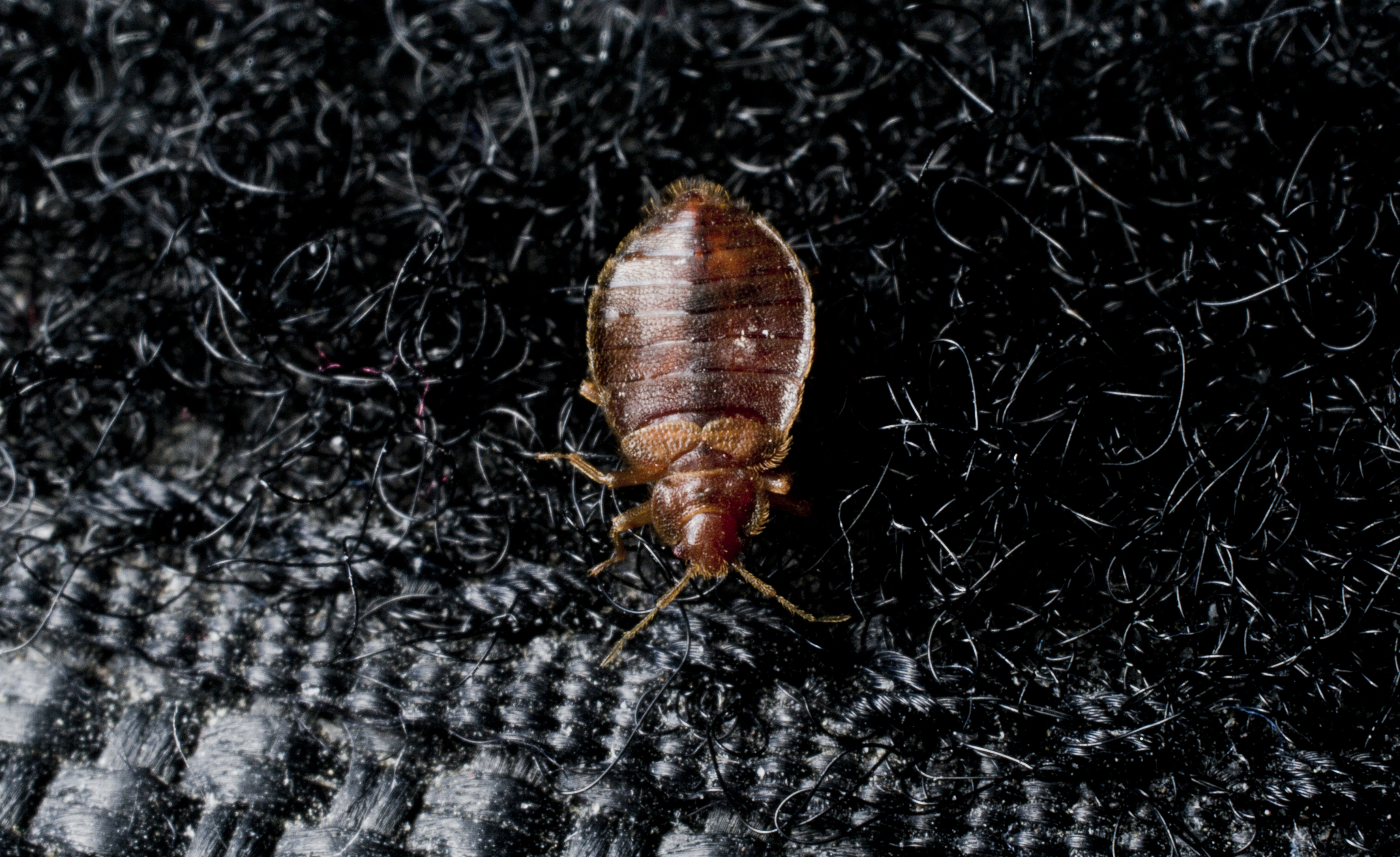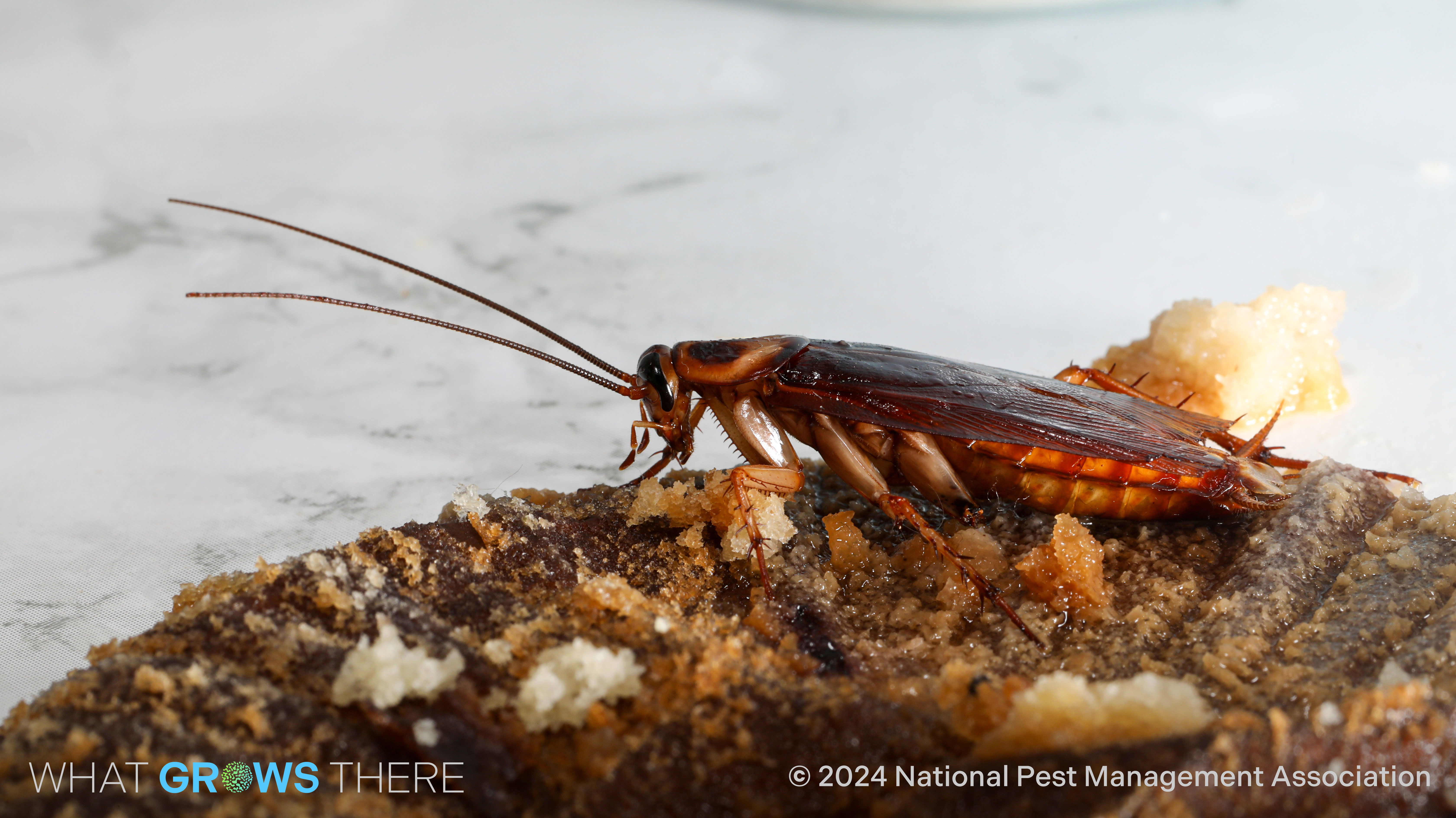Where Do Mosquitoes Go in Winter?
Many people often lament over the final days of summer and dread the first frigid days of winter, but we’re guessing everyone may welcome winter this year with open arms, so they can bid adieu to mosquitoes and the threat of Zika virus.
Unfortunately, it’s a common misconception that mosquitoes simply die upon Jack Frost’s arrival. Read on to learn more about seasonal mosquito activity and how you can prevent a future mosquito problem from hatching come spring.
Mosquito Lifecycle
Believe it or not, mosquitoes do not simply die off during the colder months. Exactly how a mosquito survives the winter can differ by species. The mosquito responsible for transmitting Zika virus, Aedes aegypti, overwinters in the egg stage. As temperatures begin to fall below 50 degrees Fahrenheit, adult females deposit their final batch of eggs in water-holding items containing as little as a half an inch of water. The adults will eventually die, while the newly deposited eggs enter a state of diapause, a process that suspends their development during the coldest months.

When temperatures start to rise and rainfall picks back up again in spring, the eggs are re-submerged and hatch to start the next generation of pesky Aedes mosquitoes that will undoubtedly seek out humans as a food source. Even more alarming, though, is the fact that these offspring could be infected with Zika, as noted in a recent study published in the American Journal of Tropical Medicine and Hygiene.
Mosquito Bite Prevention
Regardless of where you live, it’s important to exercise caution when spending time outdoors this winter. The best way to do this is to carry over all of your mosquito-safe habits from the summer. Here’s what you can do:
- Inspect your property now for water-holding items that could contain mosquito eggs deposited during the warmer months. These items may include flowerpots, birdbaths, tire swings, grill covers and other objects where water collects.
- Homeowners should also unclog gutters, repair any leaky pipes or faucets on the outside of their home, drill holes in the bottom of tire swings and wheel barrels to allow water to drain, and ensure trash cans are tightly sealed and lids aren’t flipped upside down.
- Apply an insect repellent containing at least 20% DEET, picaridin or oil of lemon-eucalyptus when spending time outdoors, especially in areas that don’t get much colder than 50 degrees Fahrenheit like Texas, Arizona, Hawaii, Florida and Southern California. Make sure to apply the repellent as directed on the label.
If you’re taking the proper prevention steps to guard against mosquitoes, these bothersome bugs won’t put a damper on your winter enjoyment.

Learn About Ants
Ants are a common pest homeowners struggle to eradicate. Learn more about them!

Bed Bug Pest Guide
Traveling for the holidays this year? Be sure to keep an eye out for bed bugs! Use our Pest Guide to help identify this pest.

NPMA's What Grows There? Project
Check out NPMA's What Grows There? project to learn how pests, such as flies, cockroaches and rodents, can spread germs throughout a home.
Find a PEST PRO in your area

Learn About Ants
Ants are a common pest homeowners struggle to eradicate. Learn more about them!

Bed Bug Pest Guide
Traveling for the holidays this year? Be sure to keep an eye out for bed bugs! Use our Pest Guide to help identify this pest.

NPMA's What Grows There? Project
Check out NPMA's What Grows There? project to learn how pests, such as flies, cockroaches and rodents, can spread germs throughout a home.
